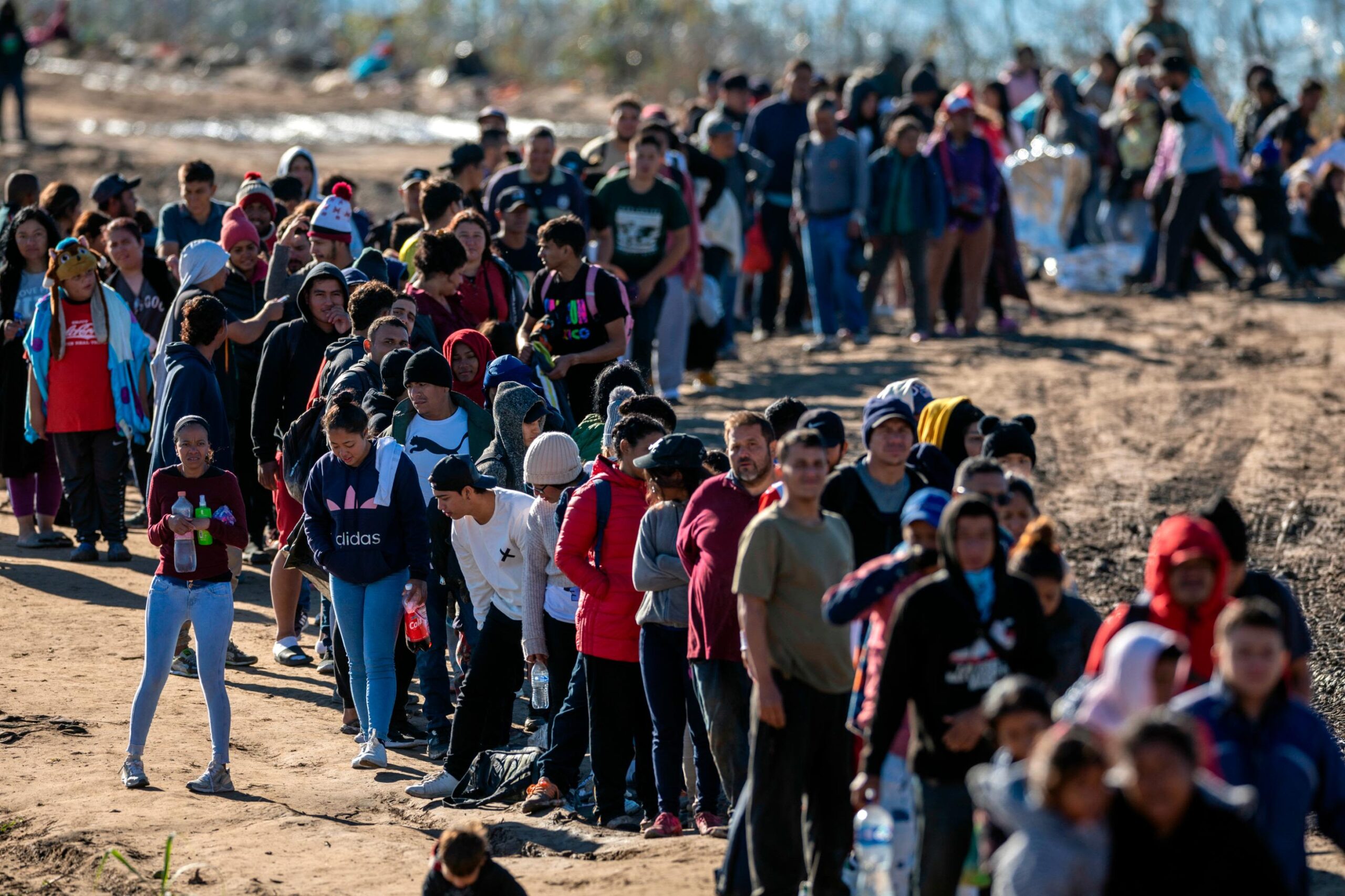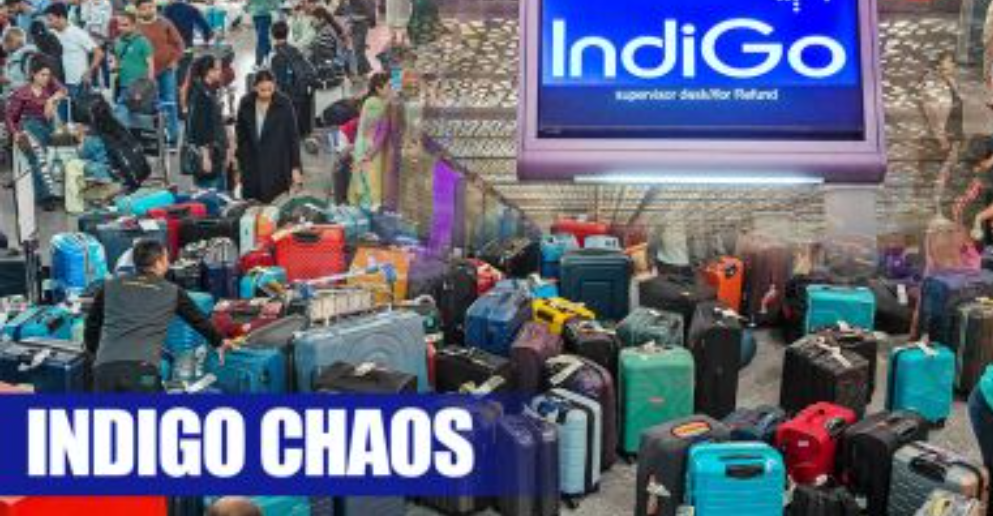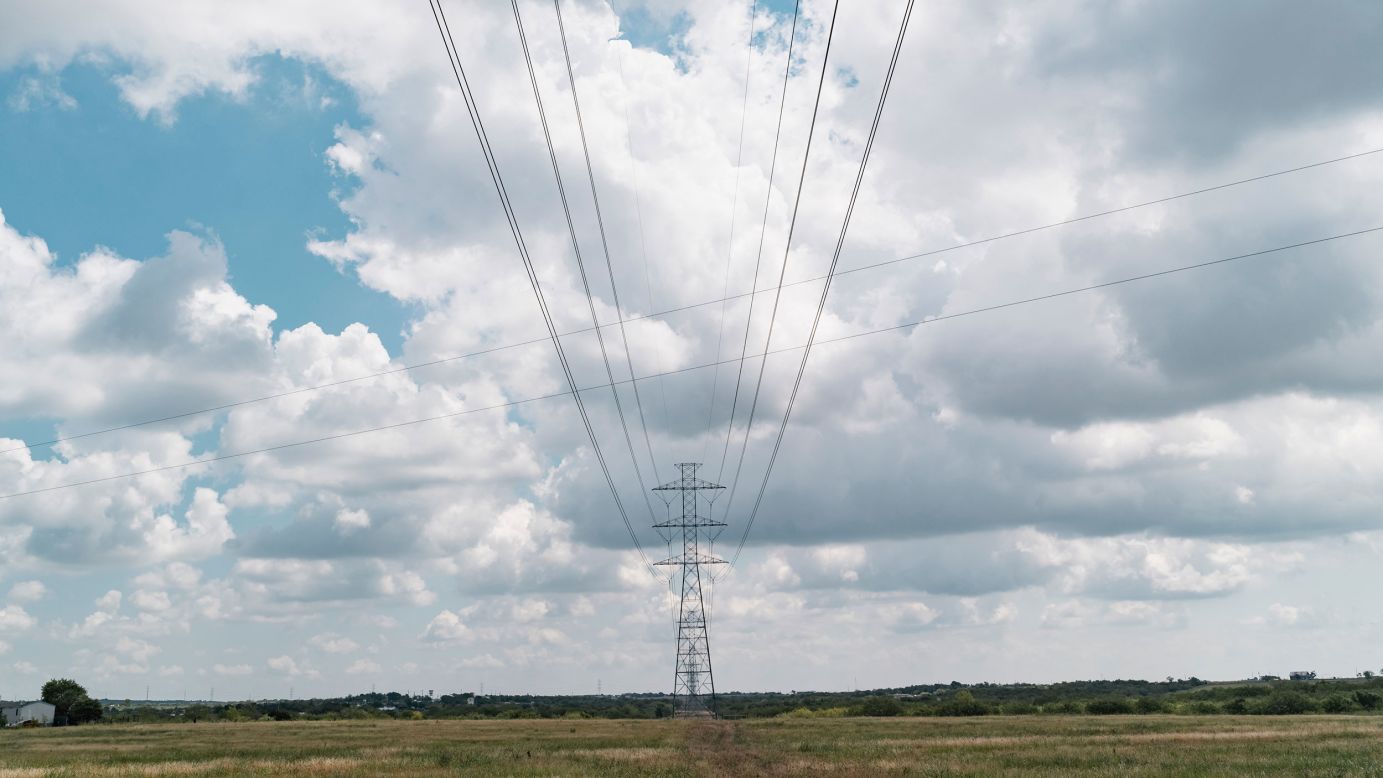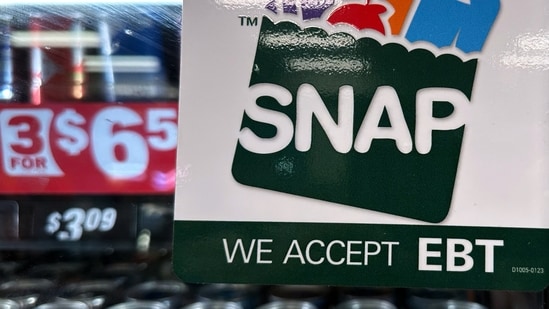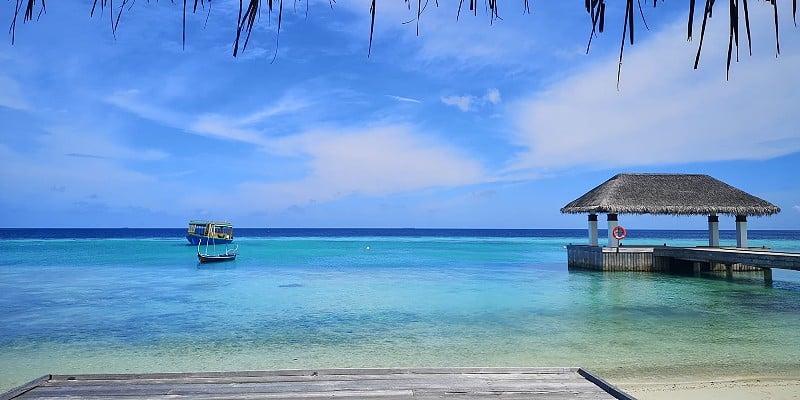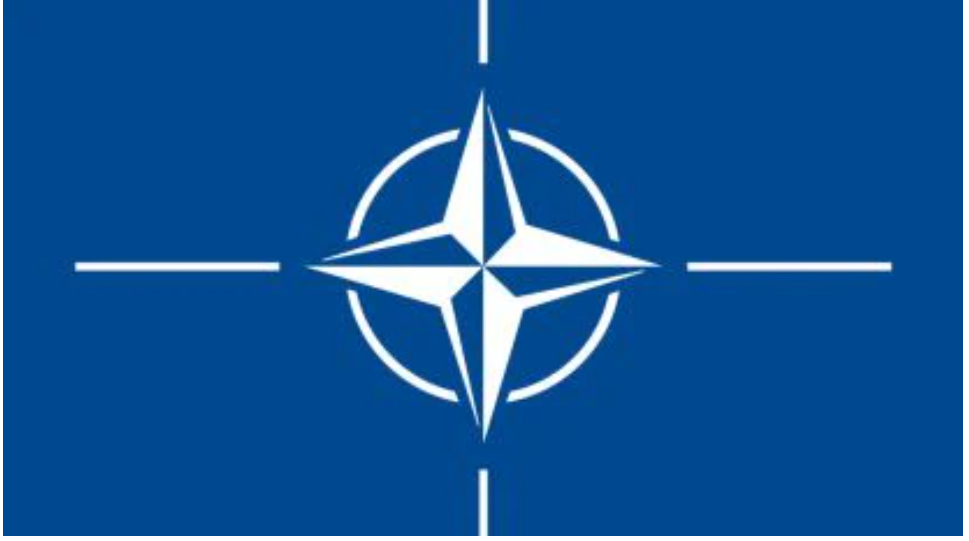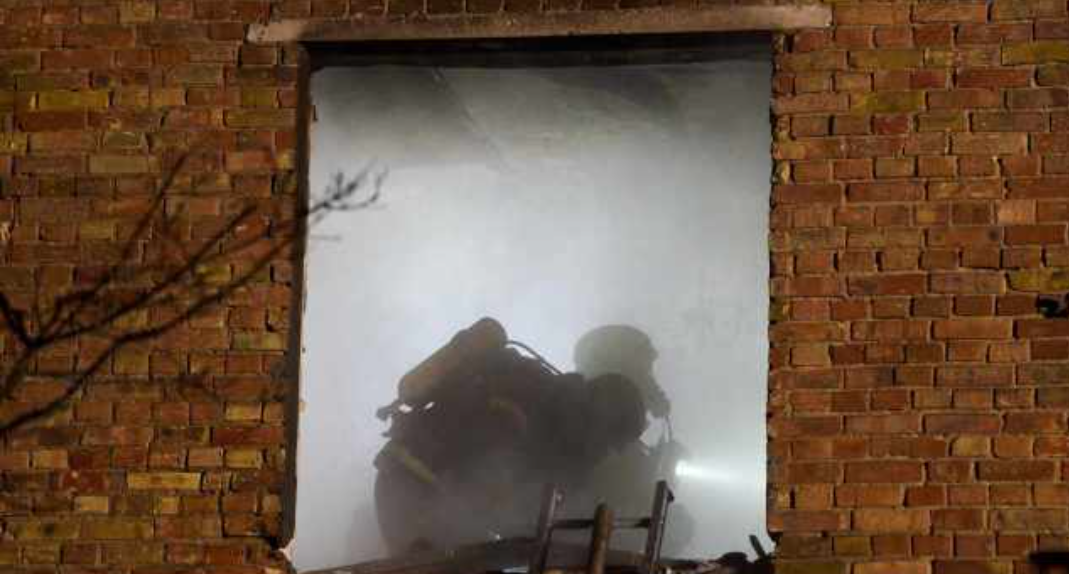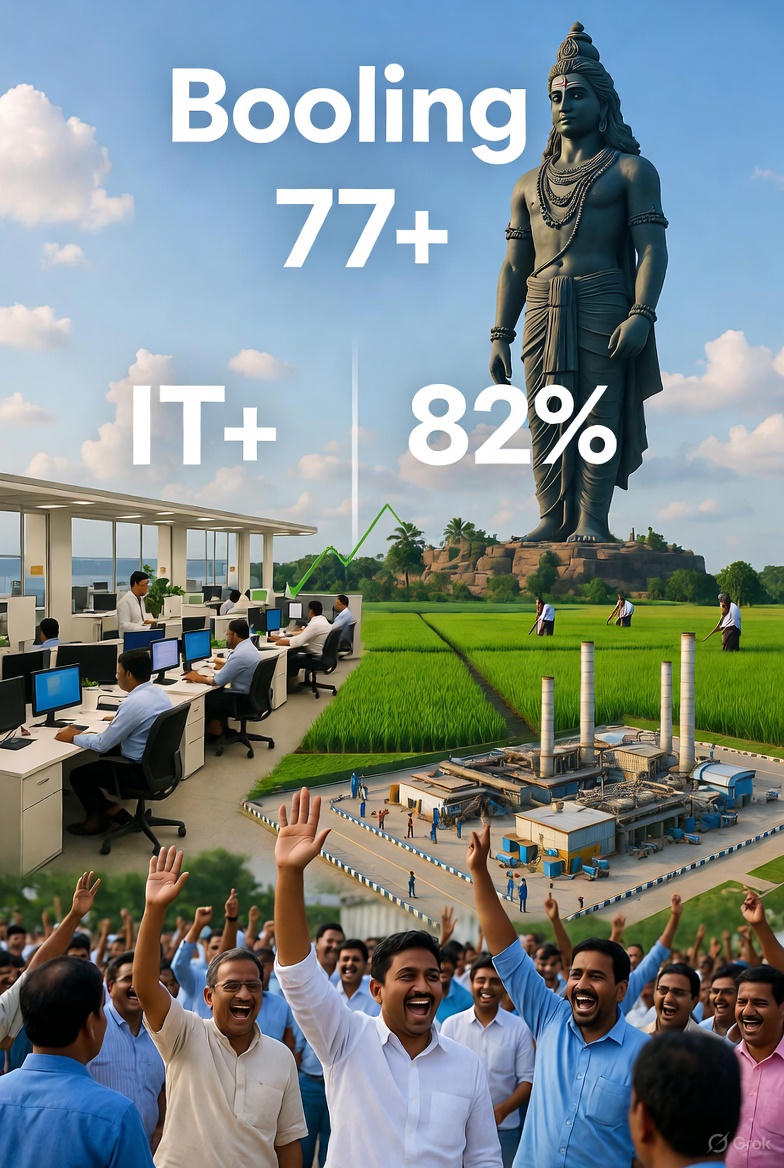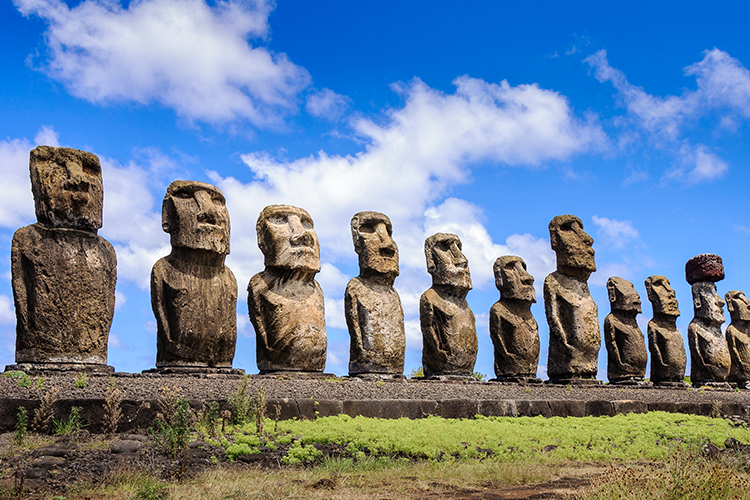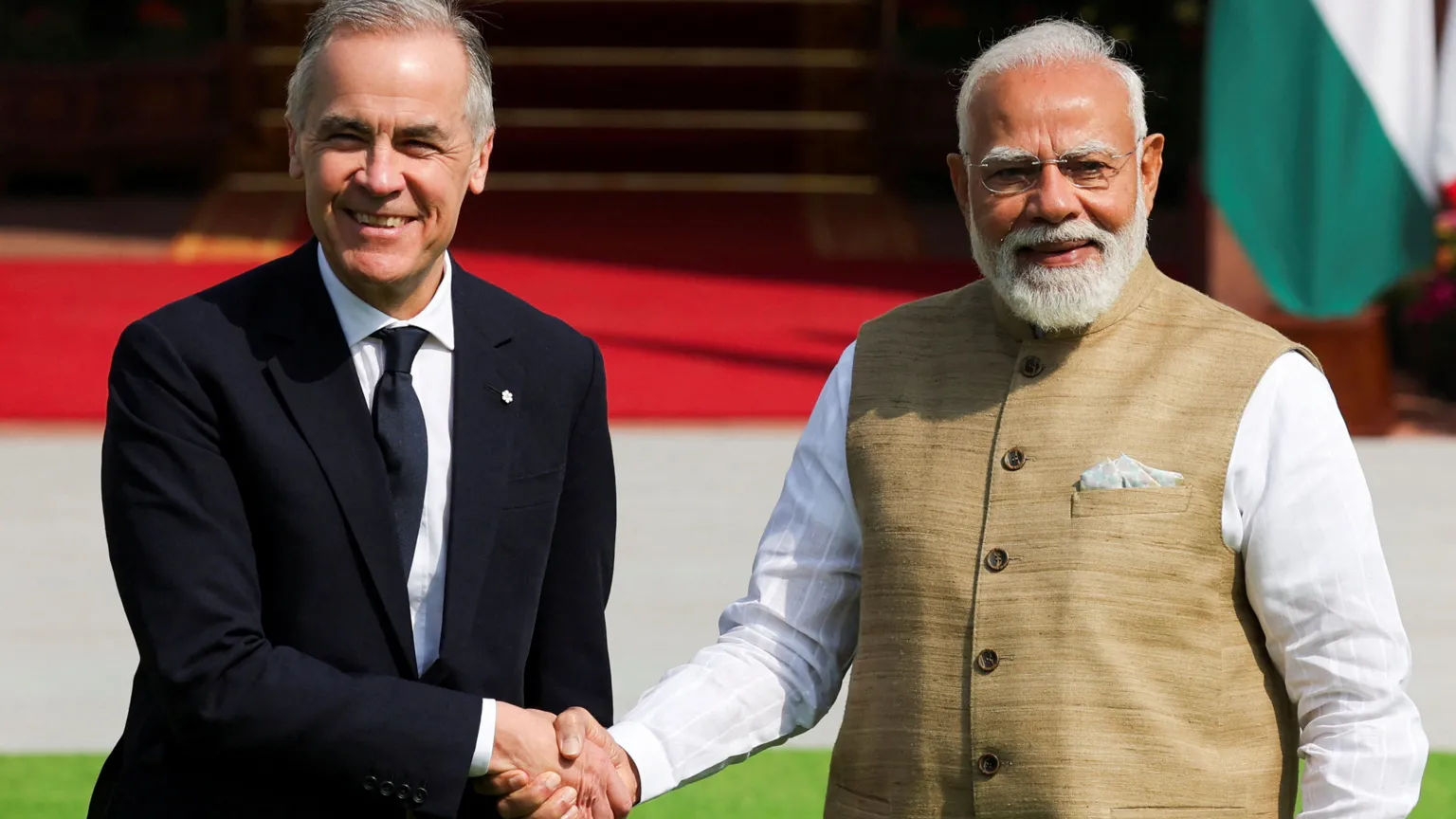US to Revoke Temporary Legal Status of Over Half a Million Migrants: What It Means
US Migrant Deportation Policy 2024
The administration of former President Donald Trump has announced its decision to revoke the temporary legal status of over 530,000 migrants from Cuba, Haiti, Nicaragua, and Venezuela. These migrants, initially granted entry under the Biden-era sponsorship program known as CHNV, now face uncertainty as their legal protections are set to expire on April 24, 2024.
Understanding CHNV and Its Implications
The CHNV program, launched in 2022, aimed to provide legal migration pathways by allowing migrants with American sponsors to enter and remain in the U.S. for up to two years under a temporary immigration status called parole. It was introduced as a measure to curb illegal border crossings and enhance security through a structured entry process.
However, the Trump administration has taken a strong stance against this initiative, arguing that it has failed to meet its intended goals. The Department of Homeland Security (DHS) criticized the program, stating that it created employment competition with American workers and facilitated fraudulent activities.
What Happens Next?
According to the Federal Register, while most of the affected migrants must leave before their permits expire, some may be allowed to stay on a case-by-case basis. The exact criteria for this exception remain unclear, adding to the uncertainty surrounding the policy shift.
Moreover, Trump is reportedly considering revoking the temporary legal status of approximately 240,000 Ukrainian refugees who sought shelter in the U.S. following Russia’s invasion.
Potential Impacts of the Revocation
- Legal Uncertainty for Migrants – With only a few weeks before the deadline, affected individuals may struggle to secure alternative legal status, increasing the risk of deportation.
- Labor Market Disruptions – Many of these migrants contribute to the U.S. economy through employment in various sectors. Their removal could create labor shortages in specific industries.
- Political and Humanitarian Backlash – Immigration has always been a contentious topic in U.S. politics. The revocation is likely to spark debates among policymakers, advocacy groups, and the public.
Conclusion
The revocation of CHNV protections marks a significant shift in U.S. immigration policy, highlighting the contrasting approaches between the Biden and Trump administrations. As the April 24 deadline approaches, affected migrants and advocacy groups are left grappling with the implications of this decision.
Stay tuned for further updates on immigration policies and their broader implications on migrants, the economy, and political discourse in the U.S.
Discover more from AMERICA NEWS WORLD
Subscribe to get the latest posts sent to your email.
